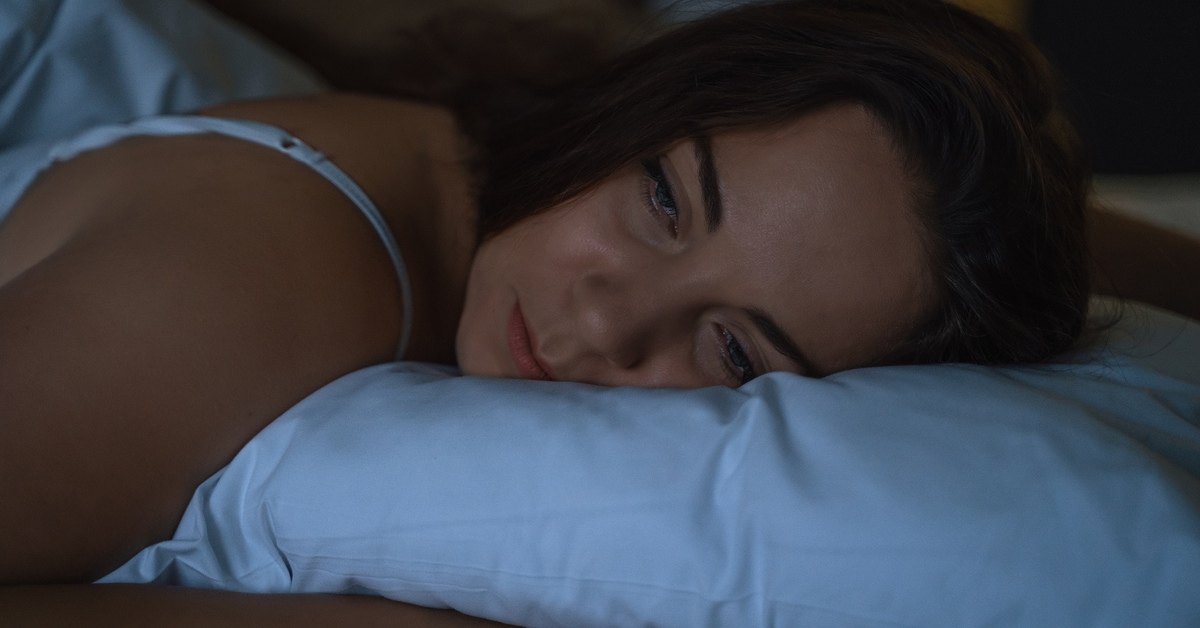It’s safe to assume that just about every human being has experienced a sleepless night. Our relationship with sleep has always been complicated. But with the stress and screens and blue light so prevalent today, getting a good night’s rest feels more difficult than ever.
One in four Americans experience acute insomnia each year, and 1 in 5 American adults suffer from sleep apnea. All told, upwards of 70 million Americans experience sleep related problems on average–more than the population of the entire United Kingdom.
The numbers are startling enough, but even more surprising is that most sleep disorders go undiagnosed and untreated. As a society, we don’t sleep and we don’t seem willing to do much about it.
Med West is setting out to change our relationship with bedtime. Sleep disorders may be common, but so are management options and lifestyle changes. Try these following tips for restoring a good night’s rest.
Ways To Effectively Manage Sleep Disorders
Exercise
It may sound like cheap advice, but there truly is a correlation between daily exercise and restful sleep. The definition of “exercise” can be interpreted liberally here. Even 30 minutes of moderate aerobic exercise may have a surprisingly potent impact on the quality of sleep.
A daily routine of walking, biking, weight lifting, or yoga could be as effective as a sleeping pill when it comes to bedtime.
Limit or eliminate alcohol & caffeine
The hardest advice to hear is usually the advice we need the most.
During a 2019/2020 survey, it was discovered that 64% of Americans drink coffee daily, averaging 2.7 cups (or 24.3oz) per day. Coffee’s benefits may seem to outweigh the risks, but it could be that very cup of “pick-me-up” that’s keeping you up at night.
Alcohol, on the other hand, may seem to make sleep easier, but it ultimately disturbs ideal sleep patterns, interrupts your natural circadian rhythm, blocks REM sleep, and aggravates breathing. The habit of a “nightcap” belongs more in the early 20th century than the present day.
Clear your schedule
Good sleep is all about firm patterns, and patterns are earned through repetition and dedication. In the modern world, going to sleep and waking up at the same times each day can feel like an almost impossible task–but it’s one worth trying all the same.
By turning in and waking up at the same times–even on the weekends–you train your body for the task. The “go to sleep whenever” mentality keeps your body guessing and could make healthy sleep patterns that much more difficult to establish.
Make your bed a “sleep only” zone
Too many of us treat our beds like a softer work desk these days. We climb under the covers to answer emails, read the news, play a quick mobile game, or crack open a book.
The blue light from digital devices tricks our body’s understanding of the time of day. Too much screen time before bed can inhibit production of melatonin–a hormone that makes falling asleep easier.
Additionally, inviting your work or other stressors into bed with you is likely to result in tossing and turning. The bottom line: beds are for sleeping and little more.
Tackle your stress
It’s easy to consider stress a natural part of modern life. Even so, the jury is in on the subject of stress and its various effects: it’s a killer.
Regular deep sleep improves blood pressure, memory, immune response, and weight regulation–benefits you may be missing out on if you’re overstressed.
That being said, stress is a difficult beast to tackle and not every remedy works for everybody. Meditation, mindfulness, white noise machines, even a hot bath–whatever your preferred method, it’s important to have a method.
Professional counseling and cognitive behavioral therapy are also great tools for problem sleepers and should be seriously considered when setting out to save our sleep.
Consult a medical professional
Not all sleep disorders can be fixed through lifestyle and stress management changes. Med West is here to help you count sheep again whether it’s through medication, CPAP machines, sleep studies, or physical examinations.
America is tired of losing sleep and even more tired of leaving it untreated.
Visit Your Primary Physician to See if a Sleep Study is the Right Option for You
Poor sleep, unhealthy diets, lethargy, and disorganization can be treated, but by taking the first step yourself, you empower your response to stressors in your life. For more information on managing stress at bedtime, click here or call 205-996-WEST to learn more about the UAB Medical West Sleep Disorders Center and the ways we can help. Serving Hueytown, Hoover, Bessemer, McCalla, and Vance, UAB Medical West is here to get you back to sleep.
